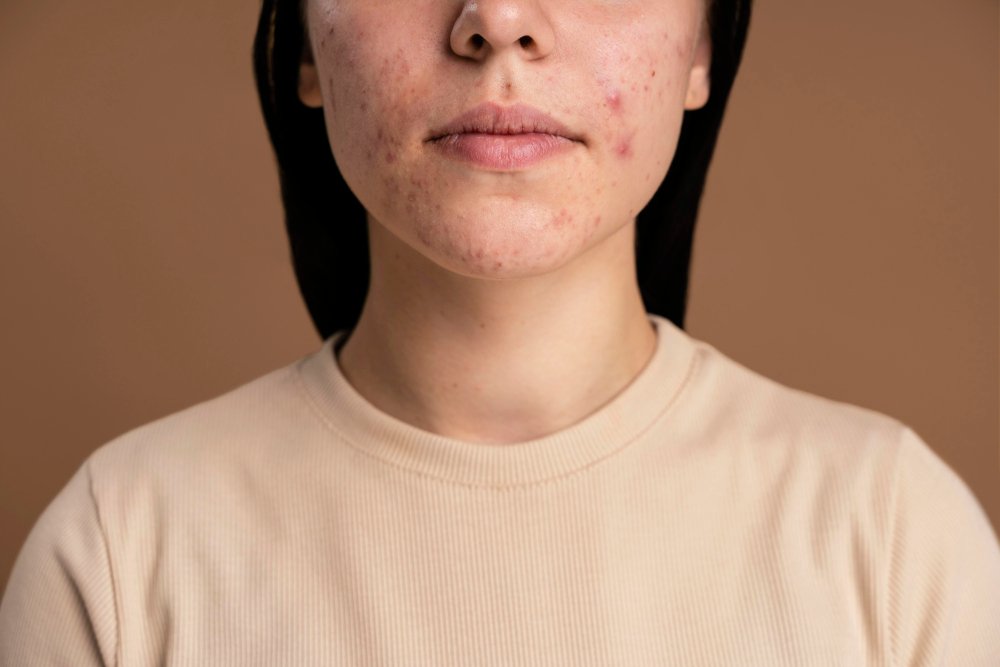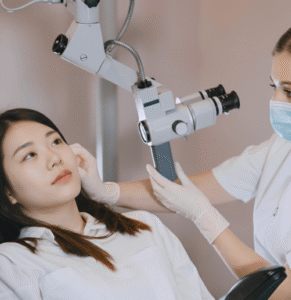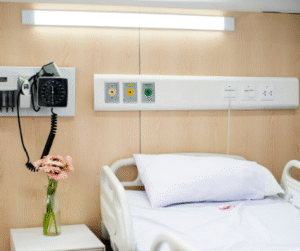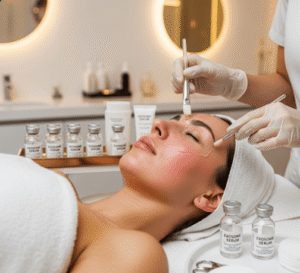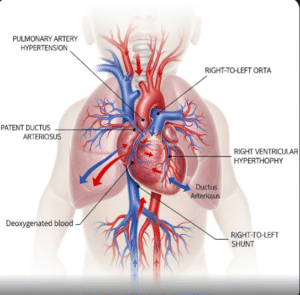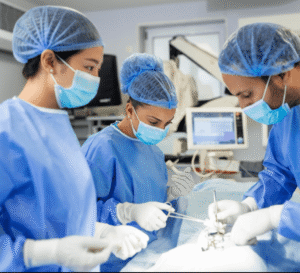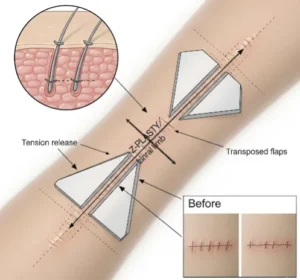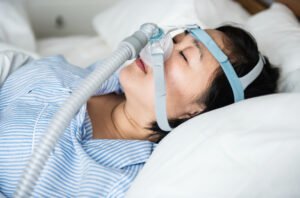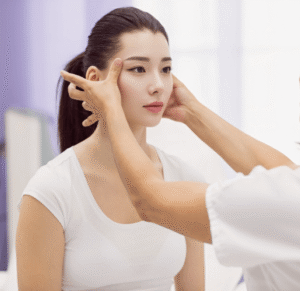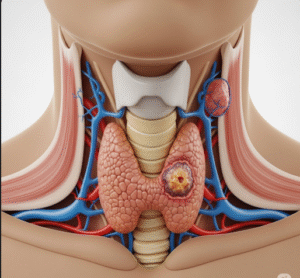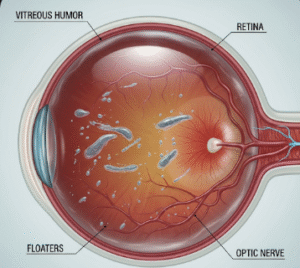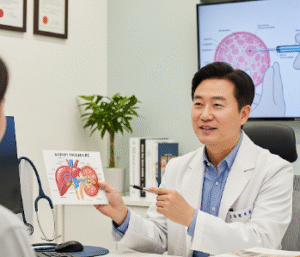Overview
Acne is one of the most common skin conditions worldwide, affecting people of all ages but most frequently teenagers and young adults. It occurs when hair follicles become clogged with oil and dead skin cells, leading to blackheads, whiteheads, pimples, or deeper lumps. While not life-threatening, acne can cause emotional distress and lead to permanent skin scars if left untreated. Effective treatments are available, and early management can significantly reduce severity and long-term effects.
What is Acne?
Acne is a chronic inflammatory skin condition that primarily affects areas with a high density of oil glands—such as the face, chest, back, and shoulders. It develops when the skin’s sebaceous (oil) glands become overactive, producing excess sebum (oil) that, together with dead skin cells, clogs the pores. Bacteria, especially Cutibacterium acnes (formerly Propionibacterium acnes), can multiply in these clogged pores, causing inflammation.
There are several types of acne lesions:
- Comedones (whiteheads and blackheads)
- Papules (small red bumps)
- Pustules (pimples with pus)
- Nodules and cysts (painful, deep lumps)
Symptoms
- Whiteheads (closed plugged pores)
- Blackheads (open plugged pores)
- Red, tender bumps (papules)
- Pimples (pustules), often with pus at the tip
- Painful, solid lumps beneath the skin (nodules)
- Large, pus-filled lumps under the skin (cystic lesions)
- Skin discoloration or dark spots after lesions heal
- Scarring in severe or untreated cases
Causes
Acne is caused by a combination of factors:
- Excess oil (sebum) production
- Clogged hair follicles with oil and dead skin
- Bacterial infection, primarily C. acnes
- Hormonal fluctuations, especially during puberty, menstruation, pregnancy, or with conditions like PCOS
- Inflammation in the skin
Other contributing triggers may include:
- Use of oily cosmetics or skincare products
- Certain medications (like corticosteroids or lithium)
- Diet high in sugar or dairy (in some individuals)
- Stress
Risk Factors
- Age: Teenagers and young adults are most commonly affected
- Hormonal changes: Puberty, pregnancy, menstrual cycles
- Family history: Acne tends to run in families
- Greasy or oily substances: Use of heavy creams, lotions, or greasy environments
- Friction or pressure on the skin**: Helmets, tight collars, or backpacks
- Dietary factors: Some people are sensitive to dairy or high-glycemic foods
- Stress: May worsen existing acne
Complications
- Scarring: Pitted or raised scars from deep or cystic acne
- Post-inflammatory hyperpigmentation: Dark marks where acne once was
- Emotional distress: Anxiety, low self-esteem, or depression
- Persistent acne: May continue into adulthood, especially in women
Prevention
While not all acne is preventable, the following strategies may help reduce flare-ups:
- Wash your face twice daily with a gentle cleanser
- Avoid harsh scrubbing, which can irritate skin
- Use non-comedogenic (non-pore-clogging) products
- Avoid touching or picking at pimples
- Shower after sweating
- Maintain a balanced diet
- Manage stress levels
Treatment Options in korea
Treatment depends on acne severity and skin type. Options include:
1. Topical Treatments:
- Benzoyl peroxide: Kills bacteria and reduces inflammation
- Retinoids (e.g., adapalene, tretinoin): Prevent clogged pores
- Salicylic acid: Helps shed dead skin cells
- Topical antibiotics: Clindamycin or erythromycin
2. Oral Medications:
- Antibiotics: For moderate to severe acne (short-term use)
- Hormonal therapies: Birth control pills or spironolactone for women
- Isotretinoin (Accutane): For severe or cystic acne; highly effective but with potential side effects
3. Procedures:
- Chemical peels
- Laser and light therapies
- Drainage and extraction of large cysts
- Steroid injections for quick relief of inflamed nodules
4. Skincare Routine:
- Consistent, gentle cleansing
- Moisturizing with oil-free products
- Sun protection (non-comedogenic sunscreen)

